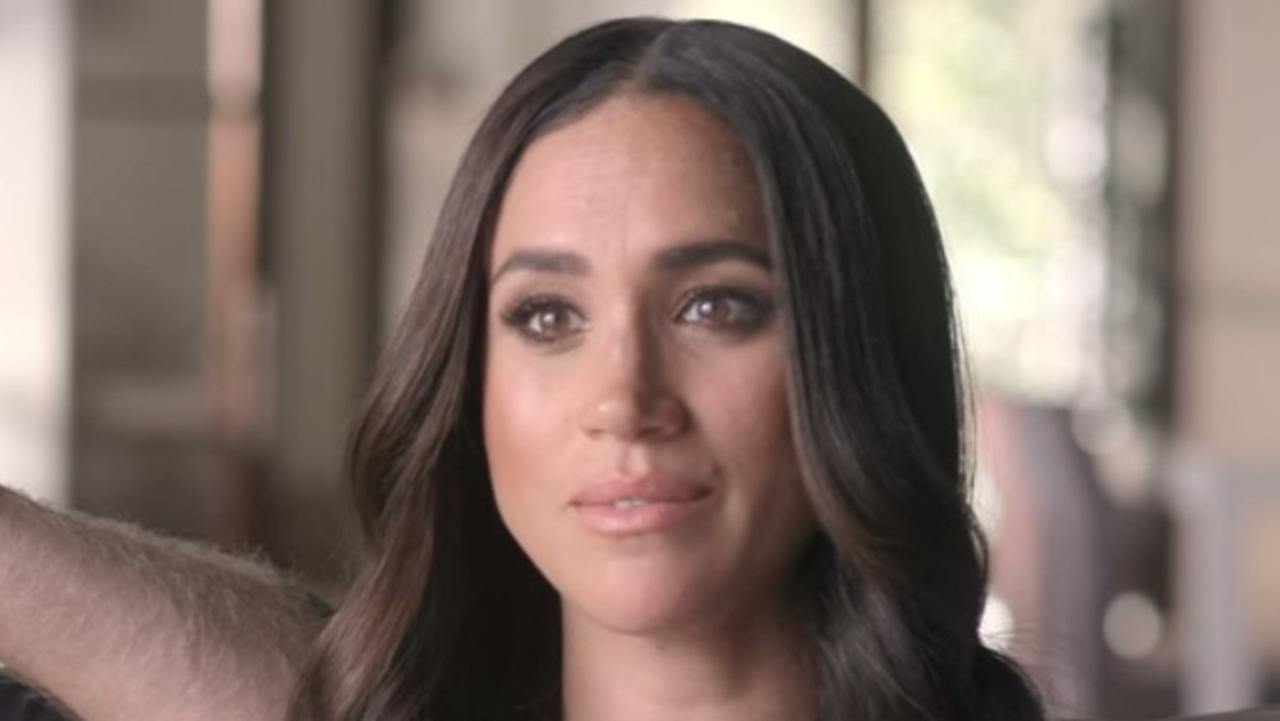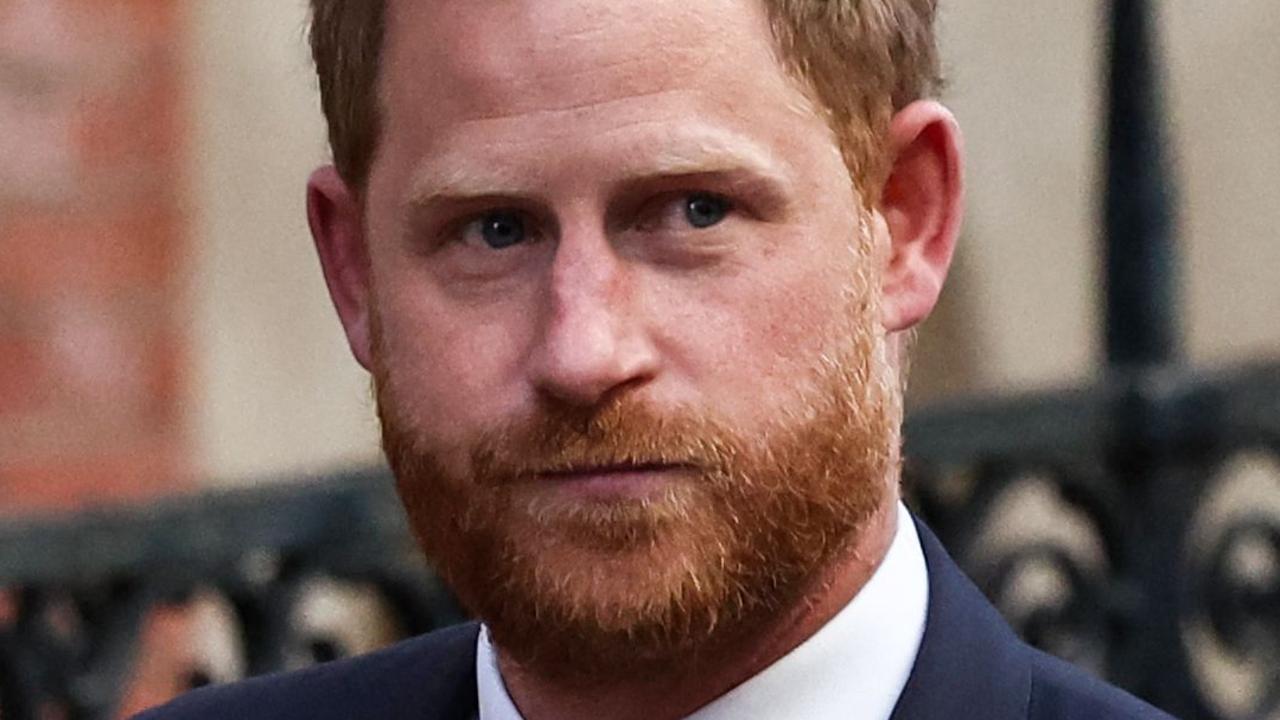King Charles is facing calls to pay handsomely for the royal family’s historic role in the slave trade
The monarch will face demands from Caribbean nations to apologise for the slave trade, as well as make reparations.
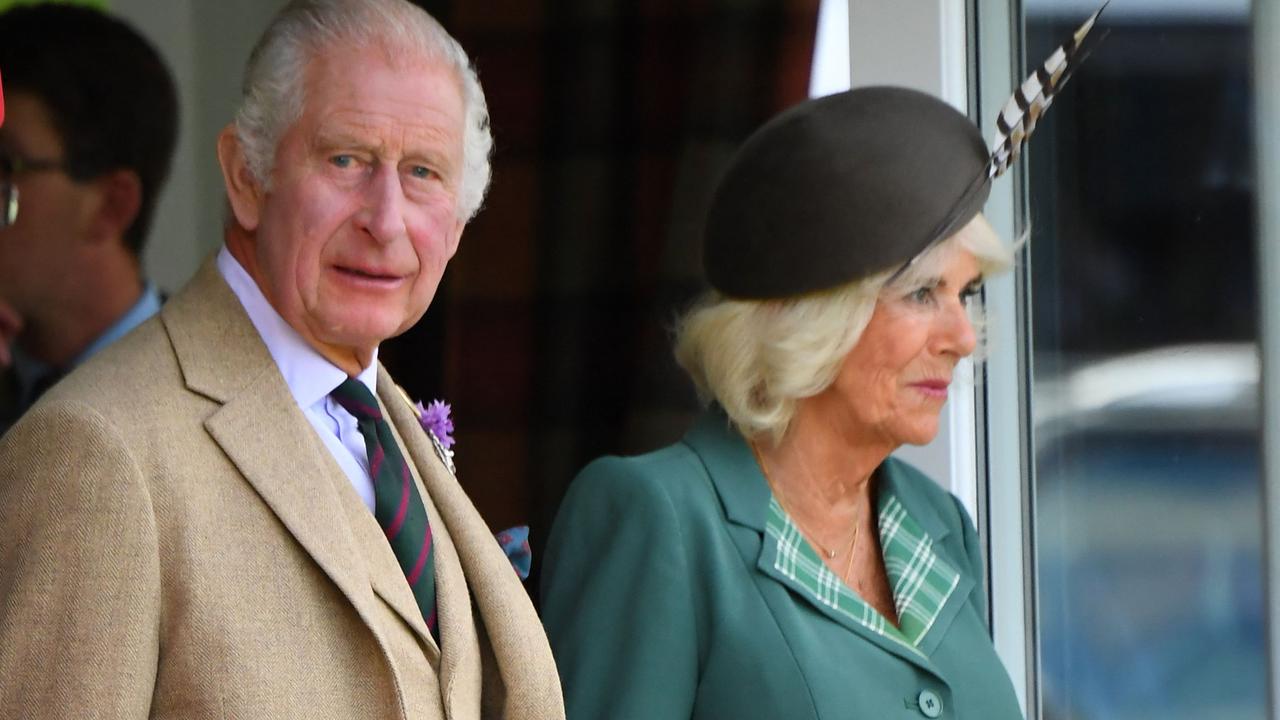
King Charles III is set to face demands from Caribbean nations to apologise for slavery as well as make reparations.
National reparations commissions in the region are drafting formal letters addressed to the British royal family, and will also approach the Lloyd’s of London and the Church of England.
The letters will be sent by the end of the year. They are seeking financial payments and reparative justice for their historic role in the slave trade, The Guardian reported.
There’s also hope of a more meaningful statement from the British monarch.
“We are hoping that King Charles will revisit the issue of reparations and make a more profound statement beginning with an apology, and that he would make resources from the royal family available for reparative justice,” Arley Gill, a lawyer and chair of the island nation’s reparations commission, said in Grenada.
“He should make some money available. We are not saying that he should starve himself and his family, and we are not asking for trinkets. But we believe we can sit around a table and discuss what can be made available for reparative justice.”
He added that the duty to offer reparations lay “at all levels, banks, churches, insurance companies like Lloyd’s, and universities and colleges that benefited”.
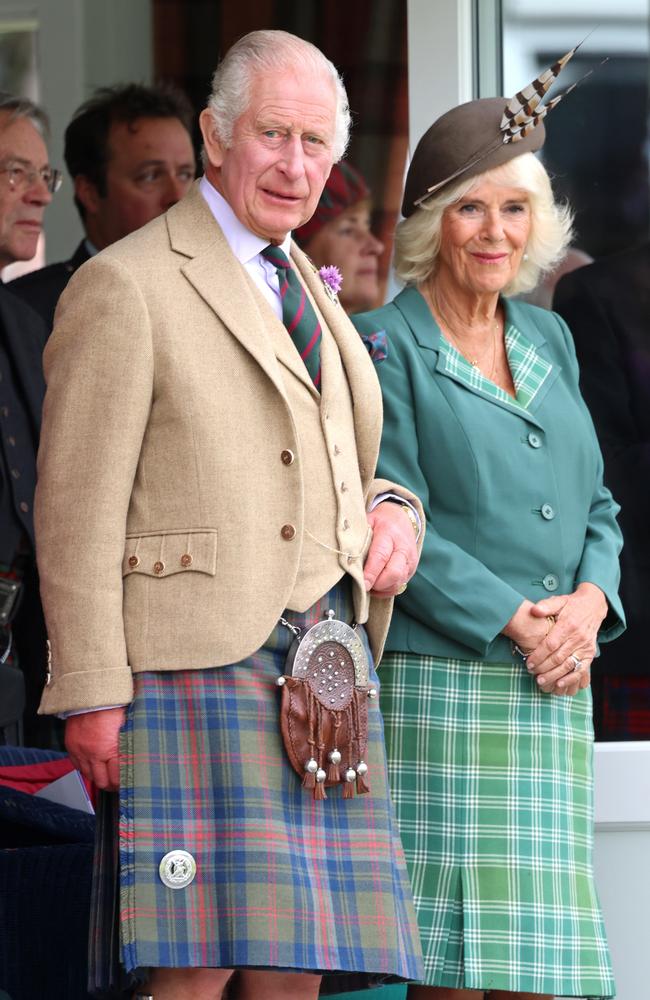
It comes after revelations that direct ancestors of King Charles II and the royal family bought and exploited enslaved people on tobacco plantations located in Virginia.
Earlier this year he signalled his support for research into the British monarchy’s historical links with transatlantic slavery for the first time, calling it an “appalling atrocity”.
The research is being conducted by the University of Manchester with Historic Royal Palaces, with the Palace granting full access to the Royal Archives and the Royal Collection.
The PhD project, led by historian Camilla de Koning, is expected to be completed by 2026. The monarch has expressed personal sorrow over the suffering caused by the slave trade.
The Palace released a statement in response to The Guardian’s publication of a previously unseen document showing the transfer of shares in the slave-trading Royal African Company from Edward Colston, the slave trader and the company’s deputy governor, to King William III in 1689.
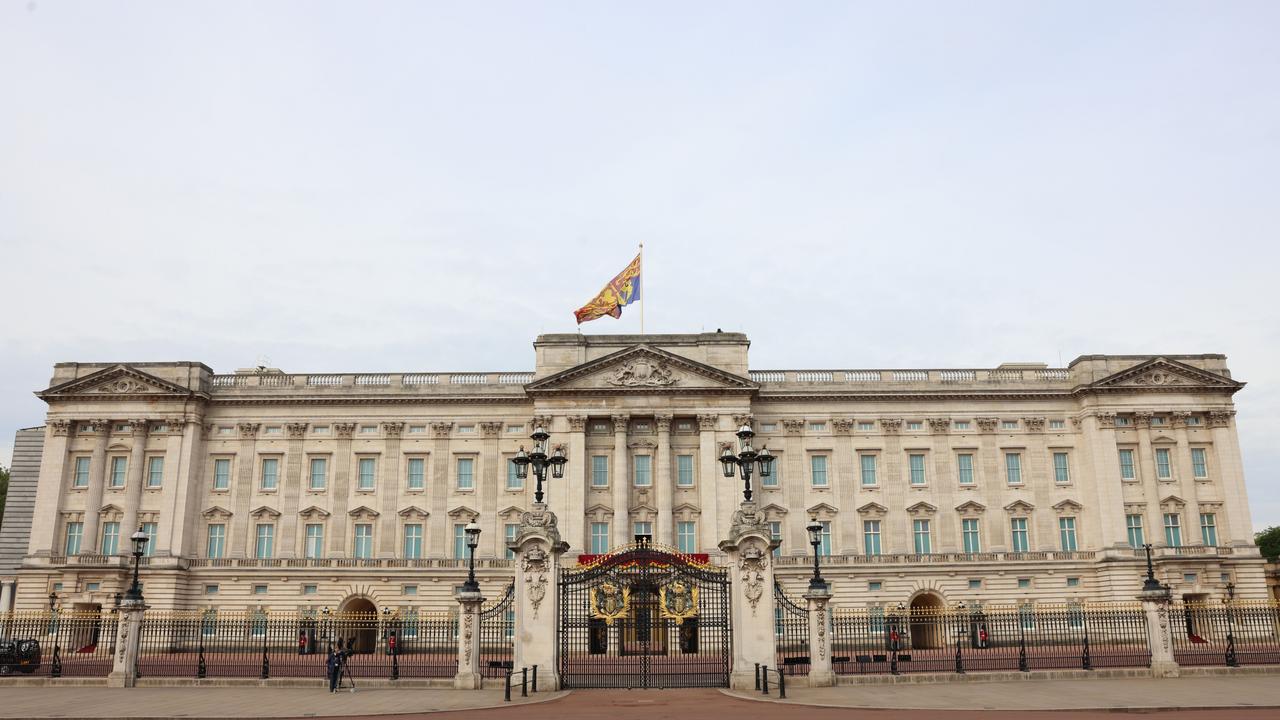
“This is an issue that his majesty takes profoundly seriously,” the statement read.
“As his majesty told the Commonwealth heads of government reception in Rwanda last year: ‘I cannot describe the depths of my personal sorrow at the suffering of so many, as I continue to deepen my own understanding of slavery’s enduring impact.’”
Lloyd’s of London has already apologised for its role in the slave trade, stating on its website: “It is part of our shared history that caused enormous suffering and continues to have a negative impact on Black and ethnically diverse communities today”.
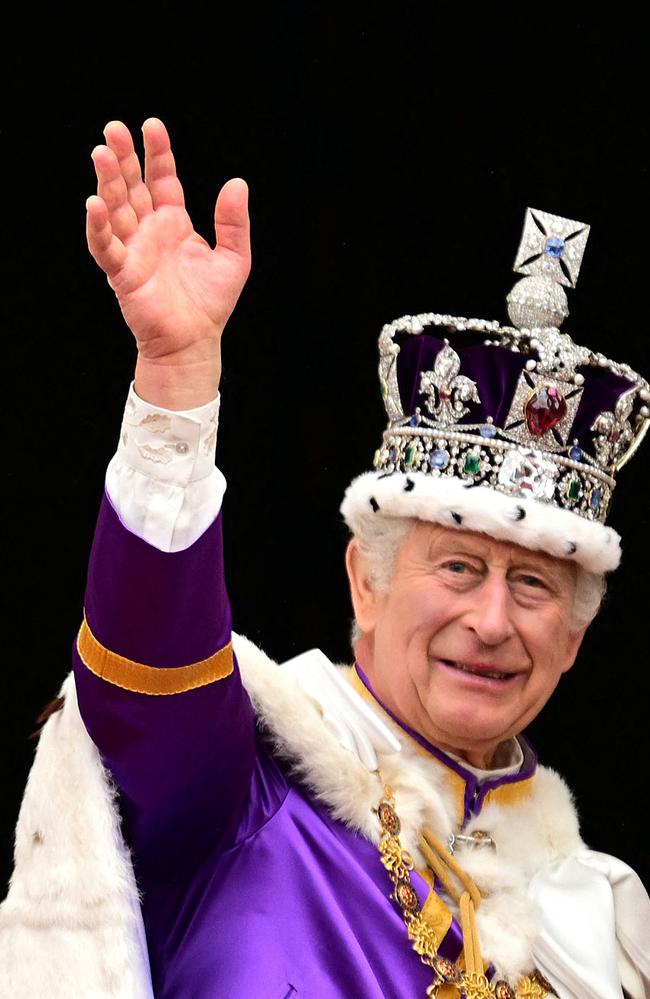
Meanwhile, Gareth Mostyn, chief executive of the Church Commissioners, told BBC radio: “There’s no doubt that those who were making the investment knew that the South Sea Company was trading in enslaved people, and that’s now a source of real shame for us, and for which we apologise”.

